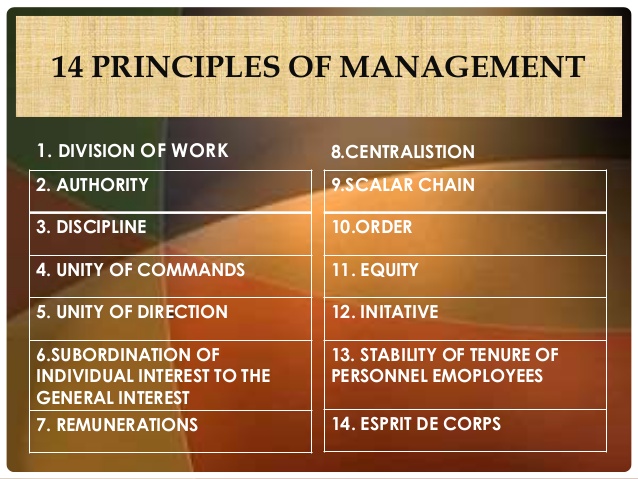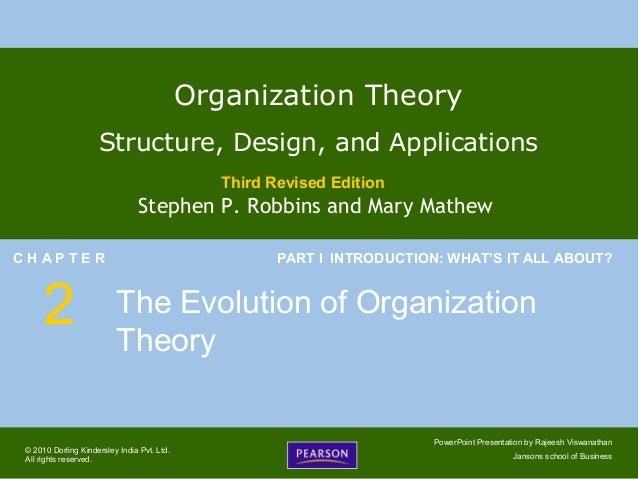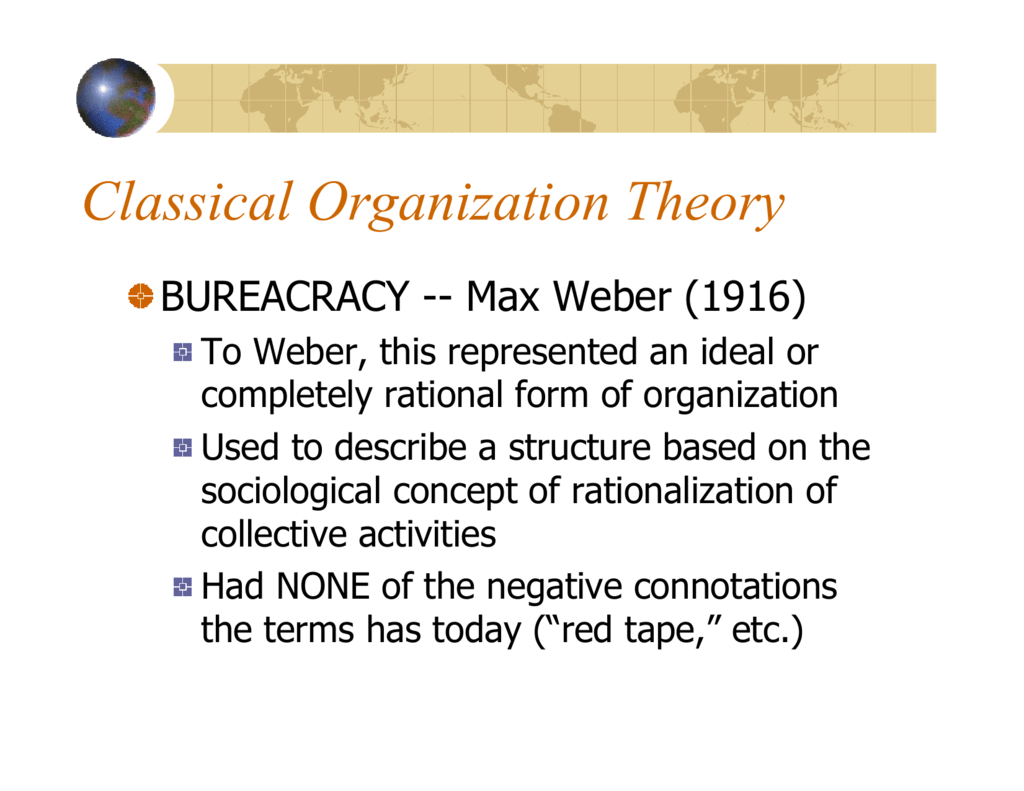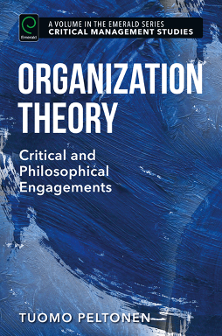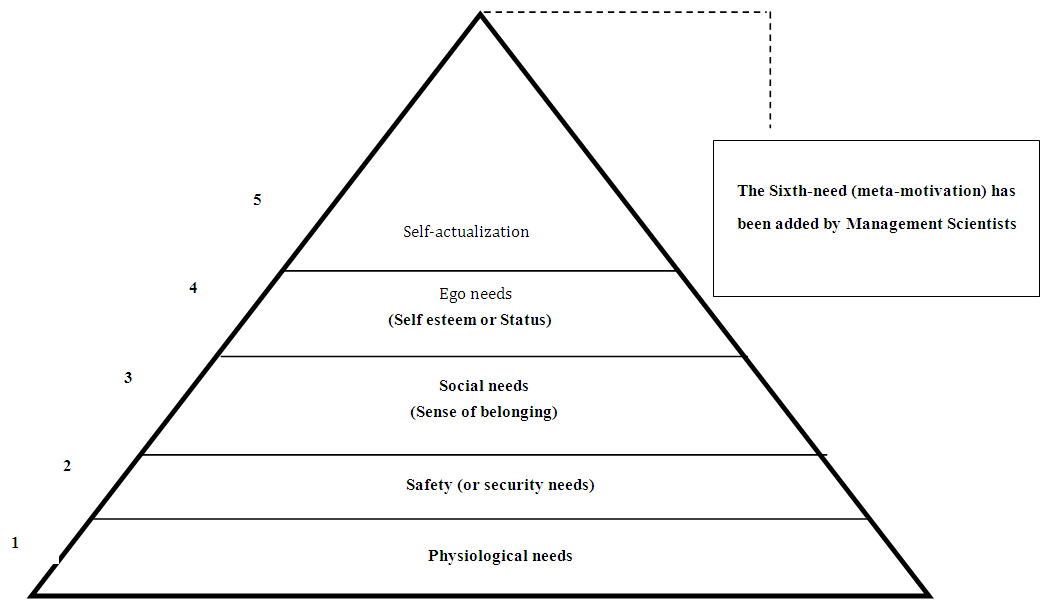
DOC) Discussion on Classical and Neoclassical Approaches of Management | Hamman Adama Yahaya and Mohammed Haruna - Academia.edu
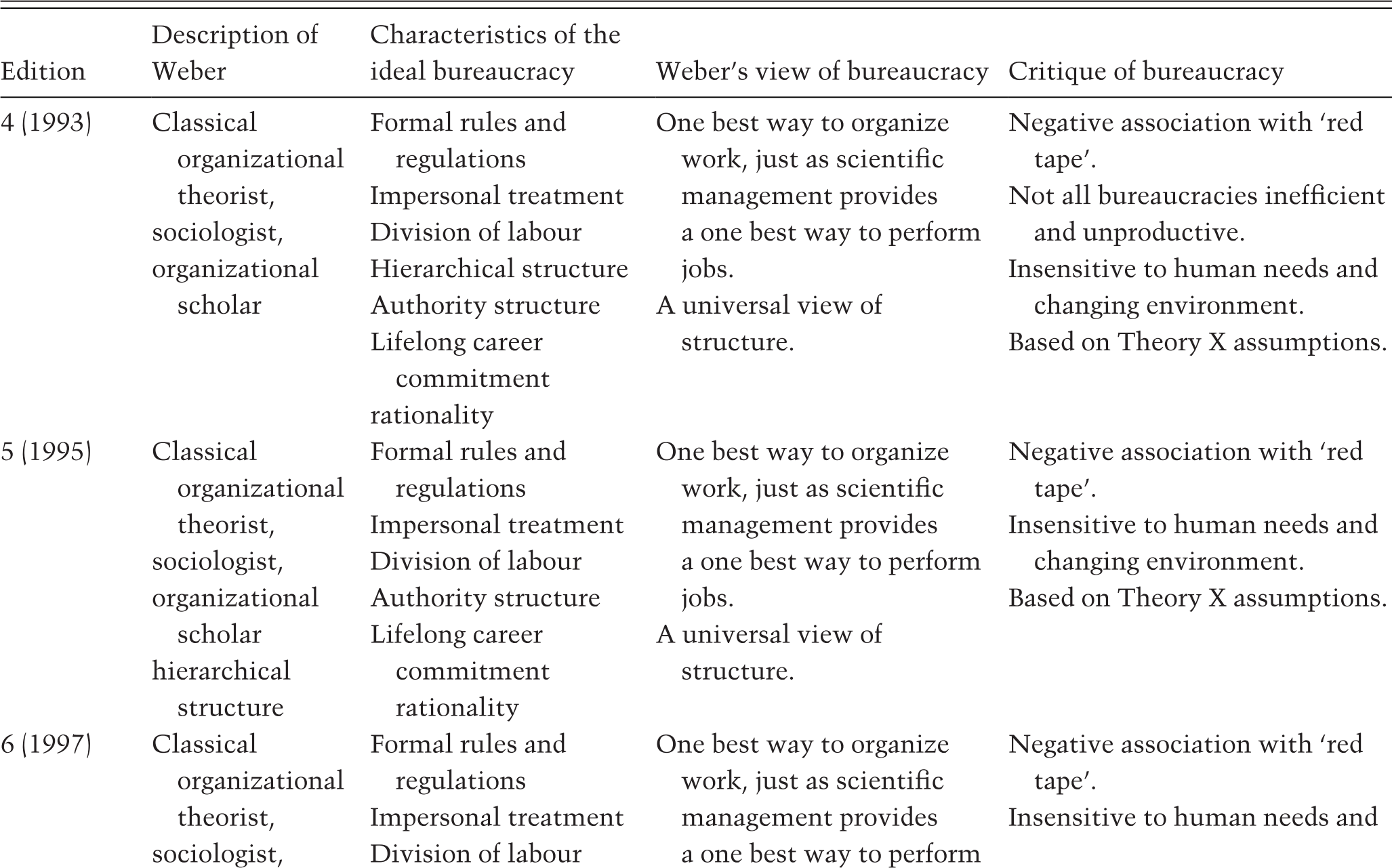
The Birth of Organization Science: Or What We Could Learn from Max Weber (Chapter 4) - A New History of Management
CLASSICAL ORGANIZATION THEORY: FROM GENERIC MANAGEMENT OF SOCRATES TO BUREAUCRACY OF WEBER Őzgür Őnday PhD student, Yeditepe
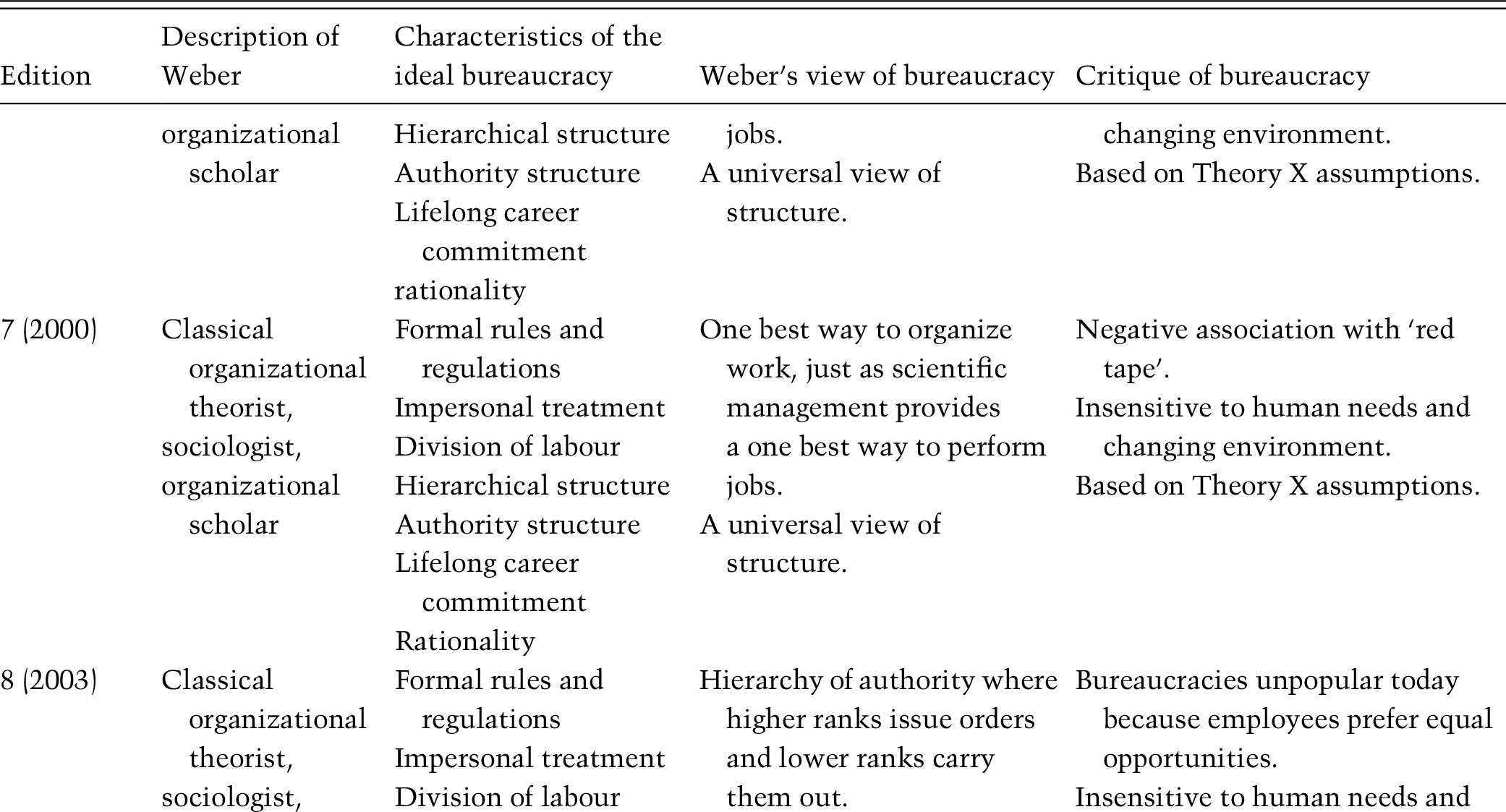
The Birth of Organization Science: Or What We Could Learn from Max Weber (Chapter 4) - A New History of Management
Organizational Theory, Organization, Bureaucracy, Human Relations, Leadership, Delegation, Management by Objective



